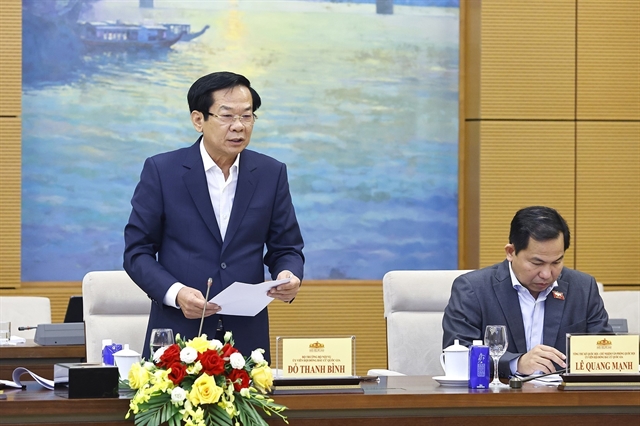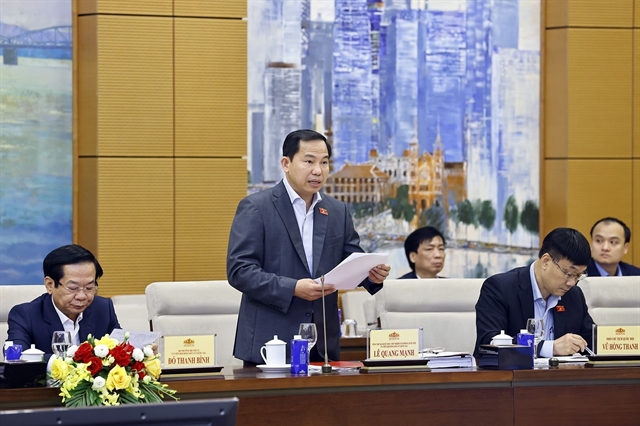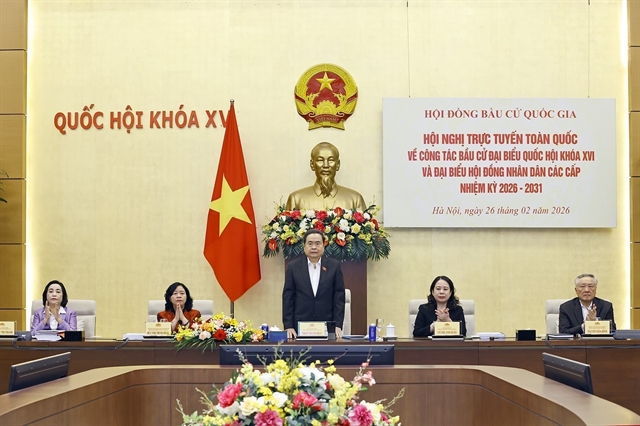 Media-OutReach Newswire
Media-OutReach Newswire

SUVA/DHAKA/TOKYO - Media OutReach - 29 July 2019 - The Asian Productivity Organization (APO), under a special cash grantfrom the Japanese Ministry of Foreign Affairs (MOFA), has drafted nationalproductivity master plans for Bangladesh and Fiji. Themaster plans were released to the Ministry of Employment, Productivity andIndustrial Relations of Fiji on 13 June 2019 and to the Ministry of Industriesof Bangladesh on 22 July 2019. Workshops were subsequently organized on 14 Junein Suva and 23--25 July in Dhaka to orient representatives of key institutionson the plan contents and how they can be put into practice.


During the handover ceremony in Dhaka on 22 July, APOSecretary-General Dr. Santhi Kanoktanaporn stated that theagility--productivity--innovation nexus should form the core of national sustainableproductivity initiatives. He emphasized that productivity itself was "neverenough in a world of constant change and uncertainty" and that the Governmentsof Bangladesh and Fiji needed to become resilient to achieve sustainabilitywhile meeting their national development goals.
The focus of the masterplan initiative is tailoring efforts to meet the current and future needs ofindividual members, while expanding the APO's policy advisory services. After consultations with government units atvarious levels and thorough review by key stakeholders, the master plans can beadopted as part of national productivity policies or used as drafts for thedevelopment of future guideline documents.
TheAsian Productivity Organization (APO) is an intergovernmental organizationcommitted to improving productivity in the Asia-Pacific region. Established in1961, the APO contributes to the sustainable socioeconomic development of theregion through policy advisory services, acting as a think tank, andundertaking smart initiatives in the industry, agriculture, service, and publicsectors. The APO is shaping the future of the region by assisting membereconomies in formulating national strategies for enhanced productivity andthrough a range of institutional capacity-building efforts, including researchand centers of excellence in member countries.
Thecurrent APO members are: Bangladesh, Cambodia, Republic of China, Fiji, HongKong, India, Indonesia, Islamic Republic of Iran, Japan, Republic of Korea, LaoPDR, Malaysia, Mongolia, Nepal, Pakistan, Philippines, Singapore, Sri Lanka,Thailand, and Vietnam.




